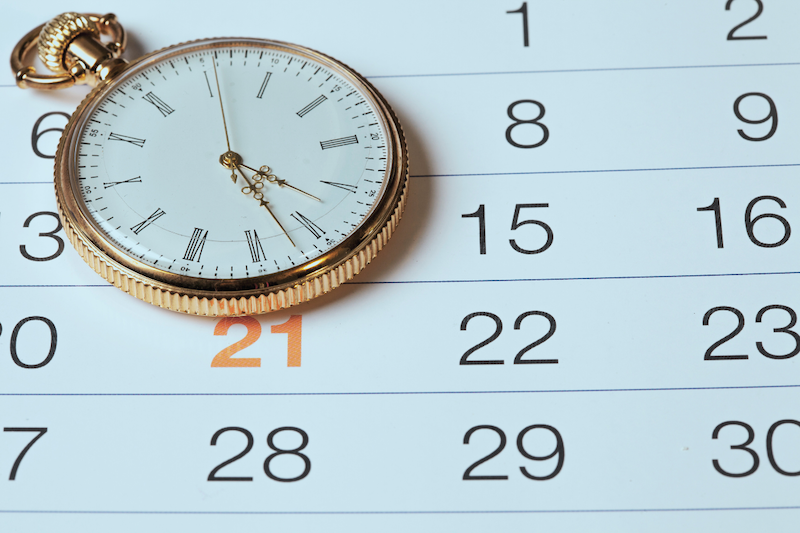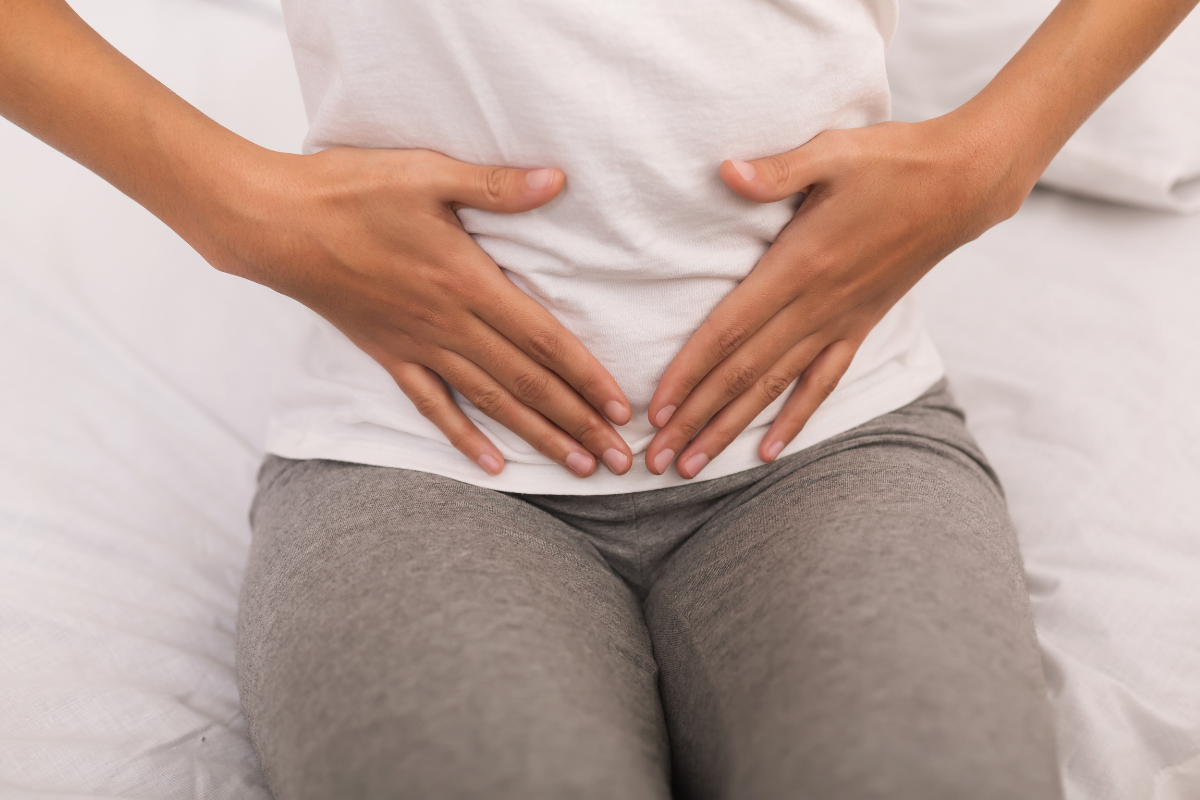How long does it typically take to conceive? What are the chances of getting pregnant each cycle?
— Anonymous
When it comes to fertility, “typical” is a hard question to answer. We can talk about the average (more on this below), but there are many factors that vary across individuals. The most obvious is age; it gets more difficult to conceive if you are older. There are also behavioral factors. If you are tracking ovulation and timing sex with your ovulation window, that is going to increase the chance of success.

With that said, we can look at some averages. Based on data in which individuals track their cycle and know the timing of sexual activity, we see a 30% chance of success if you have sex on the day of ovulation or within one or two days before. This gives a sense of the chance of success in each cycle, assuming you are paying attention to ovulation timing.
Another way to look at this is to simply look at how long it takes people to get pregnant. A 2019 study used data from the Ovia fertility app to track the time to pregnancy of just over 8,000 individuals. They found the average time to pregnancy was 3.9 months. This implies about an 18% chance of success in each month. That study found that the time to pregnancy was shorter for individuals with a more regular cycle length, which could reflect a greater ability to time sex for conception (or could reflect other factors).
In 2022, we ran a survey of over 18,000 ParentData users, reporting on 37,000 pregnancies, which asked a similar question: How long did it take you to conceive? The results of our survey also showed that the average time to conception was 3.9 months. This number was higher for older women. Age makes conception overall less likely, but even for those who did conceive, women over 40 took an average of over nine months to conceive.
The upshot: time to conceive varies and, as hard as it is, patience is warranted, especially early on. Control what you can control (i.e., have sex at the right time), and otherwise, at this stage, try to relax as much as possible. After you’ve been trying for a while (between six and 12 months, depending on your age), you may want to consider seeing a fertility specialist.





















Log in